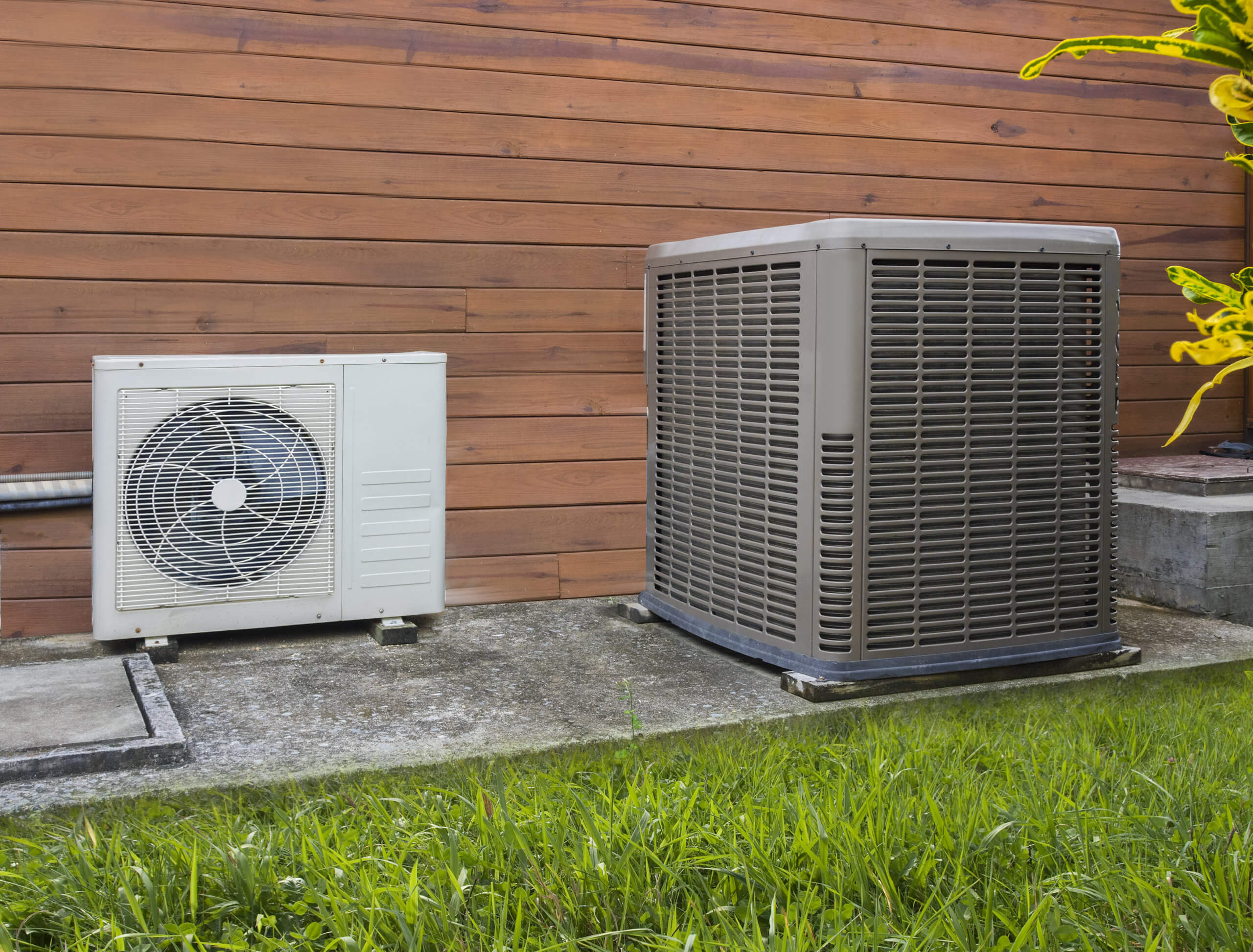When it comes to home energy generation, cost and affordability are crucial factors to consider. Let me share some personal stories and insights about the best types of home energy generation in terms of cost-effectiveness and affordability.
A few years ago, an old friend, Mark, decided to invest in solar panels for his home. He was concerned about rising electricity costs and wanted a more sustainable and budget-friendly option. Mark was pleasantly surprised by the affordability of solar panels. The installation costs were offset by government incentives and tax credits, making the upfront investment more manageable. Over time, he saw a significant reduction in his monthly electricity bills, ultimately leading to long-term savings. Witnessing Mark’s success with solar energy demonstrated to me how harnessing the power of the sun can be a cost-effective solution for homeowners, allowing them to take control of their energy expenses.
A colleague at work, Sarah decided to switch to a geothermal heat pump for her home’s heating and cooling needs. Sarah had been using a traditional furnace boiler system. She began researching alternative options and discovered the energy efficiency and cost benefits of geothermal systems. Though the upfront installation costs were higher compared to conventional systems, Sarah quickly realized that the energy savings were significant. Geothermal heat pumps utilize the stable temperature of the earth to heat and cool a home, requiring less electricity or fuel to operate. Sarah’s monthly energy bills were substantially reduced, offsetting the initial investment and proving that geothermal energy is a cost-effective solution in the long run.
I also had the opportunity to visit a small community where residents had collectively invested in a wind turbine project. The cost of installing and maintaining a wind turbine can be considerable, but the shared investment among community members made it more affordable for each individual. As the turbine generated clean and renewable energy, the community members saw a noticeable decrease in their electricity bills. The cost savings were particularly beneficial for lower-income households, allowing them to allocate more resources to other essential needs. This experience underscored the importance of community-based initiatives and cooperation in making sustainable energy options more accessible and affordable for everyone.
There are several types of home energy generation stand out in terms of cost-effectiveness and affordability. Solar panels offer the advantage of government incentives and long-term savings on electricity bills. Geothermal heat pumps provide efficient heating and cooling while reducing energy consumption and expenses. Additionally, community-based projects, such as shared wind turbines, demonstrate how collaboration can make sustainable energy options more affordable for all members involved.
As technology advances and economies of scale improve, the cost of renewable energy systems continues to decrease. It’s essential for homeowners to consider not only the upfront investment but also the long-term savings and benefits when choosing a home energy generation system. By exploring these cost-effective options, individuals can reduce their reliance on conventional energy sources, save money in the process, and contribute to a more sustainable future. The ultimate decision will come down to your budget, local climate conditions, the space you have at home and where you live. You should speak to an energy adviser if you are looking to invest in home energy system to make sure you are getting one that is the most effective for you.

